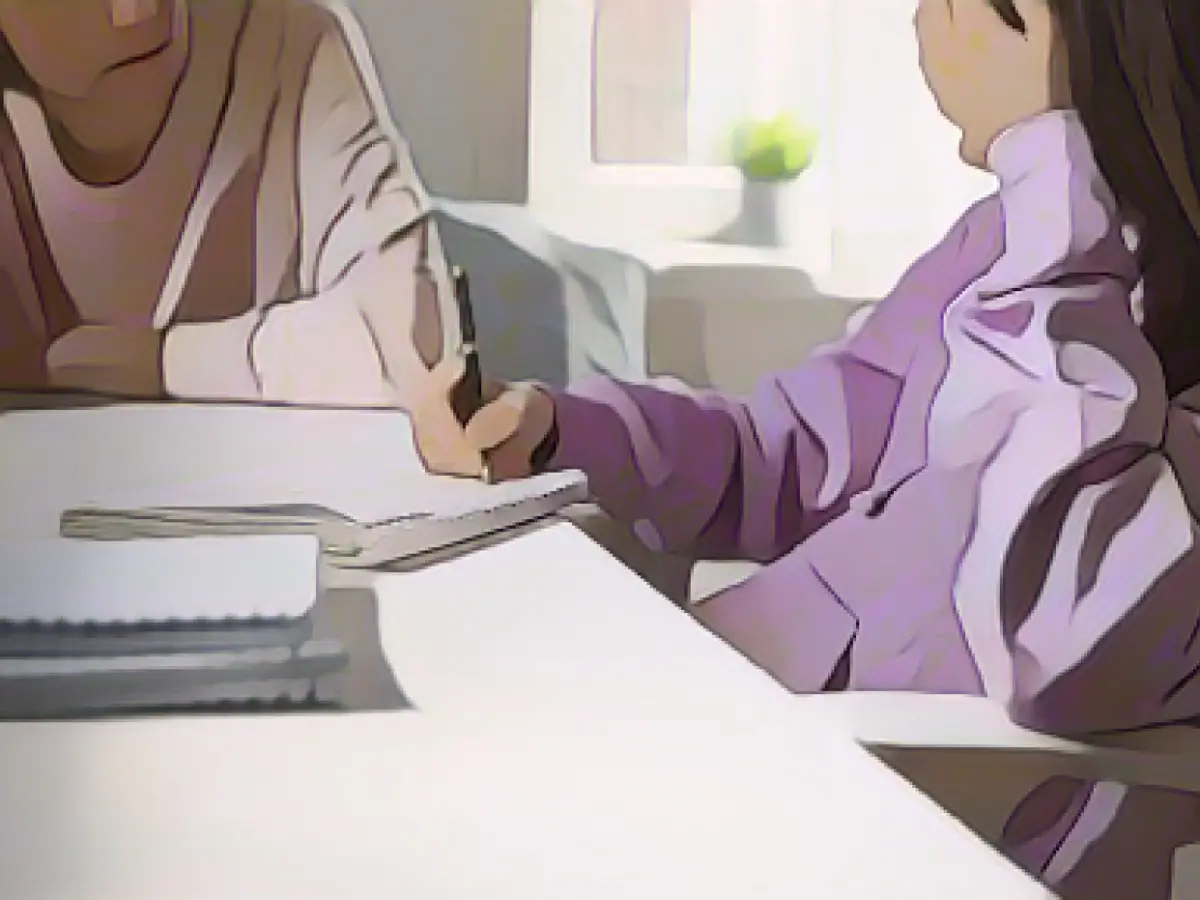Navigating the complexities of mother-daughter relationships, particularly in the age of social media, can be a challenging journey. If you've found holidays less than joyful due to a strained past or a difficult relationship with your mom, know that you're not alone.
Mother-daughter bonds are renowned for their intricate nature. Our moms serve as role models for the woman we aspire to become. They should also be individuals we passionately love and respect, regardless of life's ups and downs. That's why the phrase, "A mother's love knows no bounds," echoes in our hearts.
However, feeling rejected or unloved by our mothers, often referred to as a "mother wound," can be a profound, soul-consuming pain. It's not uncommon to feel like we're battling clichéd Hallmark motherhood ideals that bear no resemblance to our reality.
My own relationship with my mom was fraught with difficulty, characterized by disagreements born out of our opposing personalities. The bond was so volatile that many, including myself, assumed it would crumble once I left for college. But just as it seemed like our relationship might come to an end, I turned 20. We sought family counseling and managed to establish a fragile peace, which, though often under threat, miraculously held on.
At first, I yearned for more than just peace. I longed for a best friend as a mother. I wanted her to be a different person. I was brimming with anger and pain, nothing therapy could soothe.
Then, in 2020, as I was penning a book on grace, I had a revelation. I'd always believed that grace was undeserved and emerged when we gave each other space, allowing others to be who they are instead of demonizing or dehumanizing them. My focus had been on navigating our poisonous political climate. But as I stared at my mother's heart-wrenching story, I saw my mother—an unmarried woman in her twenties who had an unexpected pregnancy during her doctoral studies in Anthropology—differently.
I empathized with her struggle against societal expectations, her Catholic upbringing, and the law, all while caring for two children and a husband. I realized that she was a trailblazing archaeologist and professor who fought discrimination and sexual harassment, even as she faced below-average pay and excessive workloads.
Now, I understand: My mom gives it her all. No mother brings children into the world intending to hurt or disappoint them; mothers wish for their children's happiness. My mom is no exception.
As I gained this insight, other realizations followed. I recognized how much I'd inherited from her: her adventurous spirit, independence, and feminism. I'd learned about advocacy for the marginalized, LGBTQ+ rights, and the fight against racism long before I even spoke of these issues. She showed me the importance of standing up for others, even when it's difficult.
In the end, I penned her a letter, confiding in her things that seemed unthinkable before: "I'm so grateful you're my mother. I know it's tough, but I'm glad we haven't given up."
She's now 84, and I wish I hadn't waited so long to reach this epiphany. I wish we'd broken the generational cycle of mother-daughter strife earlier. This issue doesn't begin or end with us; my mother's relationship with her mother was even more troubled than our own.
If social media fuels your envy and compound's your mother wound, remember: not all parents and children share a flawless life. You may find inspiration in other perspectives, realizing that each family holds unique bonds, strengthened by the acceptance of imperfections and the grace that moms extend, even when we don't deserve it.
Recommended Reading
If you're grappling with mother-daughter jealousy or resentment, know that you're not alone. Through reflection, open communication, setting boundaries, and focusing on your relationship, you can work towards reconciliation and appreciation. Overcoming these feelings can help you embrace the grace that your mother offers, even if it's not the grace you'd envisioned.







